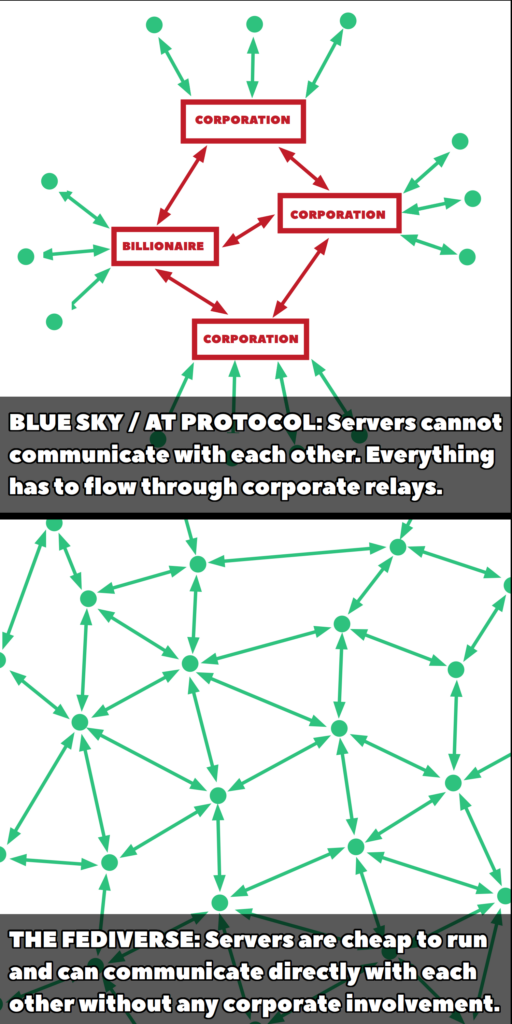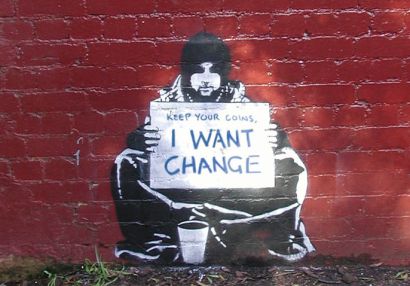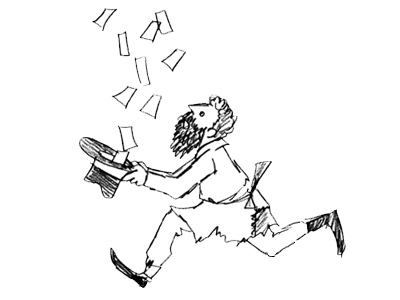How we describe things matters, in this our #fashionistas “common sense” needs work to compost. The #openweb is a much better framing than #fediverse when trying to break out of the tribal bubbles. It speaks to something broader and historical, whereas #fediverse is just one (flawed) expression of those ideas.
Why #openweb matters, it’s not new, which is actually a strength, this is the original internet vision before it got hijacked by #dotcons. It avoids the self-referential nature of the #fediverse, which often turns into a closed loop of devs talking to devs. It’s a term that can bridge communities rather than reinforcing in-group/out-group dynamics.
The limits of mirroring #dotcons, the first stage of the #fediverse, was largely about copying corporate social media platforms but without the profit motive. That was useful, but it’s hit a ceiling. Why? Lack of real community support – Devs build stuff, but actual social infrastructure is missing. Scaling the wrong way – Just copying individualist, engagement-driven models doesn’t actually create an open, healthy network. Reinforcing the #geekproblem – Developers remain in control, not communities, which leads to predictable NGO-style behaviour creeping in.
Shifting the balance in tech, we can’t just keep replicating the #mainstreaming mess in different codebases. The tech itself needs to reflect the values of the #openweb, decentralised in governance, not just code, community-led, not dev-controlled, process transparency, not just ‘open-source’ performatively.
Dealing with the #geekproblem, devs are used to solving problems in isolation, but society isn’t a coding challenge. They often bring #NGO behaviour into the #fediverse, expecting deference to their authority—and then act surprised when there’s kickback.
Being #openweb native, if you’re coming from the NGO world, you’ll have a much better time if you actually engage with the native culture of the #openweb rather than trying to impose external hierarchies. Otherwise, you’ll just recreate the same socially and self-destructive patterns that have wrecked everything else. So yeah, to boost this thinking, we need to start using #openweb more and move beyond the #fediverse branding trap.
The #4opens and #nothingnew both cut through 99% of the crap so the few people who are going to do something can do something that would be useful rather than unless. From useful you get a few more people, rinse and repeat, and you get social change and challenge, even if this is repressed or implodes, it will be more fun, and interesting than the current mess making.






